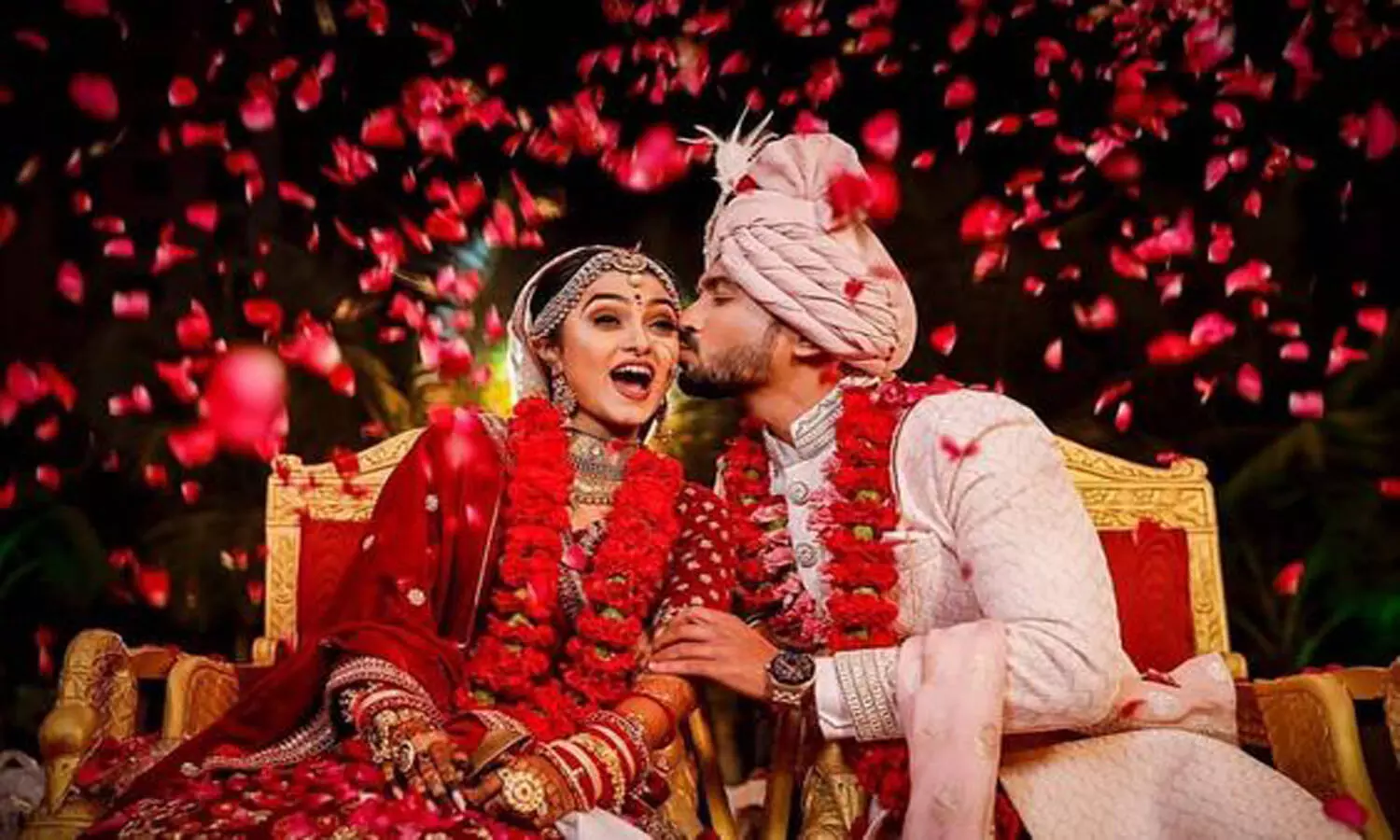TRENDING TAGS :
"Bhoot" or Not, Can Name-Calling Be Emotional Abuse in Marriage?
A recent Patna High Court ruling sparks debate: Can name-calling, even with terms like "bhoot" (ghost) or "pishach" (demon), constitute emotional cruelty in a marriage?
The recent Patna High Court decision has ignited a debate on the legal definition of emotional cruelty within marriage. The case involved a wife seeking divorce on grounds of verbal abuse by her husband, who allegedly called her derogatory names like "bhoot" (ghost) and "pishach" (demon). The court ruled that such name-calling, while hurtful, did not constitute cruelty sufficient to grant divorce.
This decision has drawn criticism from those advocating for a broader understanding of emotional abuse within marriage. They argue that verbal abuse, even without physical violence, can inflict significant emotional distress and negatively impact a spouse's mental well-being. They emphasize the potential for such abuse to create a hostile and demeaning marital environment.
Opponents of a broader definition argue that it could lead to frivolous lawsuits and misuse of the legal system. They suggest focusing on more severe forms of verbal abuse that cause substantial mental harm.
The current legal framework in India recognizes cruelty as a ground for divorce under the Hindu Marriage Act, 1955. However, the act does not explicitly define "cruelty." This lack of a clear definition leaves room for interpretation by courts on a case-by-case basis.
The concept of emotional abuse is complex and often intertwined with cultural and societal norms. The terms "bhoot" and "pishach" might hold different weight in different cultural contexts. What might be considered harmless teasing in one culture could be perceived as abusive in another.
Vaastu-Friendly Home Decor Items At Affordable Prices- Click Here
This case highlights the need for a nuanced approach to identifying and addressing emotional abuse in marriage. Mental health professionals play a crucial role in raising awareness about emotional abuse and its impact on mental well-being. Establishing clear communication channels within marriages is also essential. Spouses should feel comfortable expressing their feelings and setting boundaries to prevent abusive behavior.
The legal system can play a vital role by providing clearer definitions of emotional cruelty within marriage laws. This could involve establishing a framework that considers the frequency, severity, and impact of verbal abuse on the victim's mental health.
The Patna High Court decision has sparked a much-needed conversation about emotional abuse in marriage. While the legal battle continues, this case underscores the importance of recognizing the various forms of emotional abuse and their potential to inflict significant harm on a spouse's well-being.



